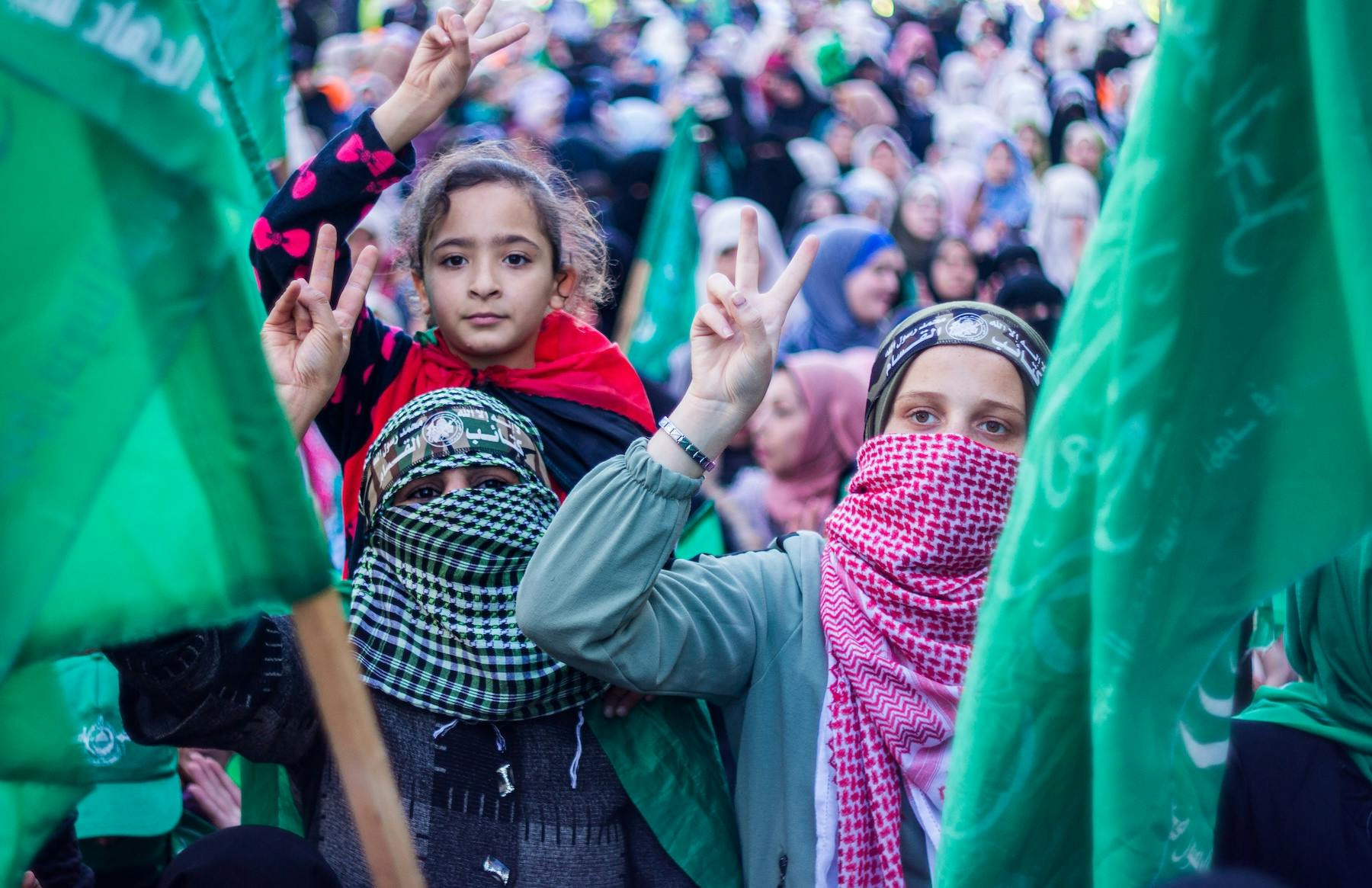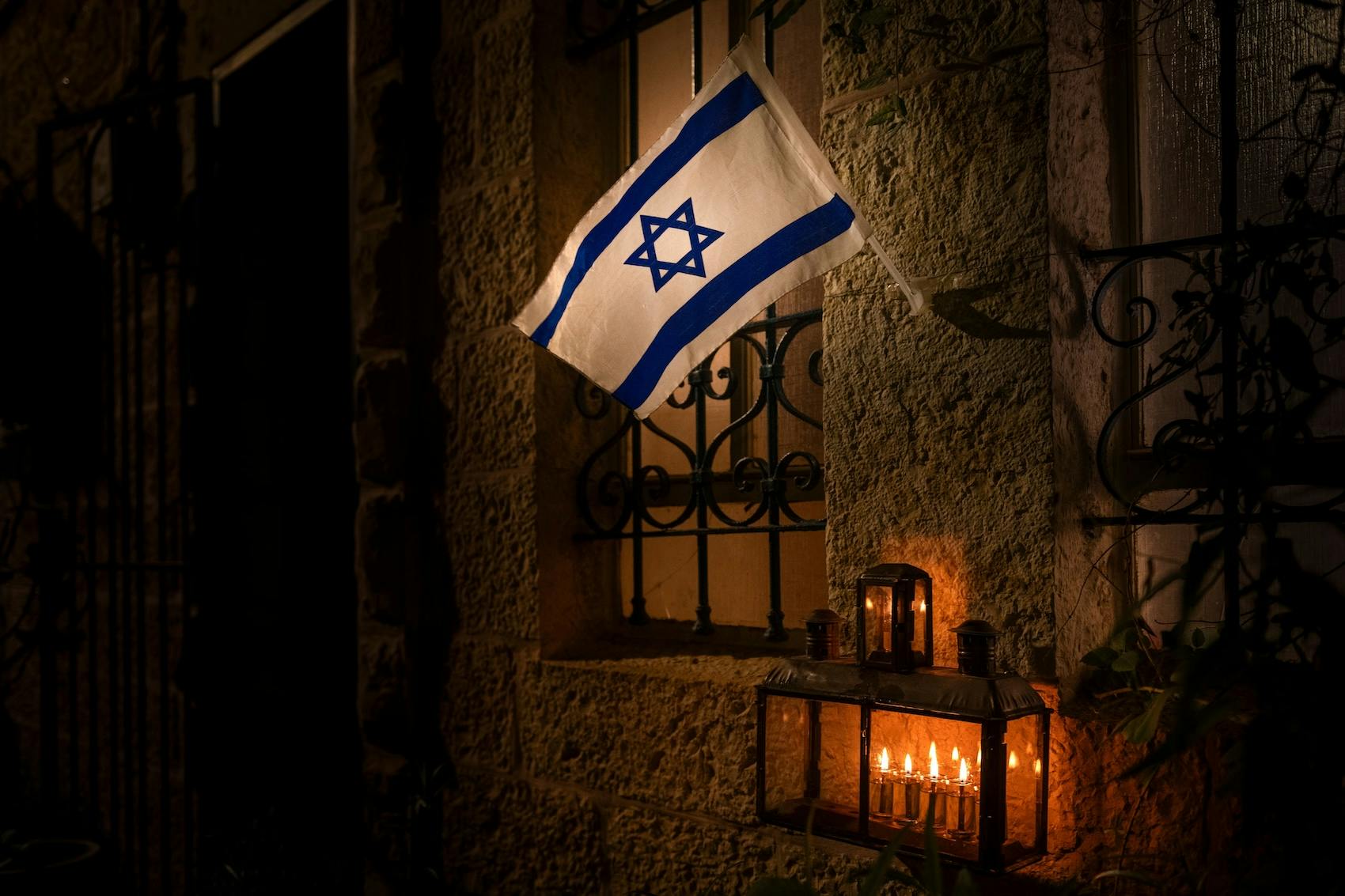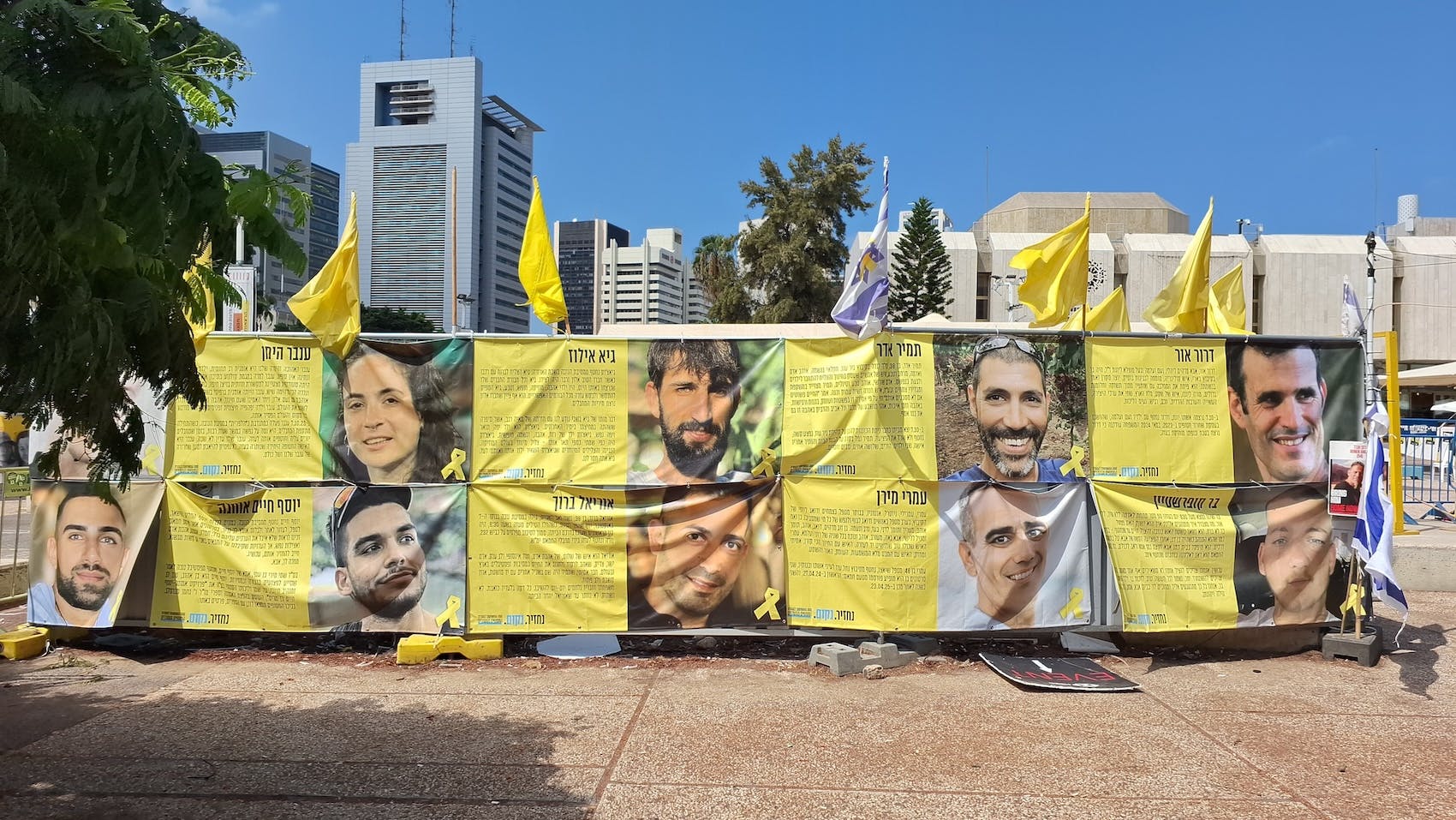“Son of man, these bones are the people of Israel. They say, ‘Our bones are dried up and our hope is gone; we are cut off.’ Therefore prophesy and say to them: ‘This is what the Sovereign Lord says: My people, I am going to open your graves and bring you up from them; I will bring you back to the land of Israel.
Ezekiel 37:11-12
This year, Yom Ha'atzma'ut (Israel’s Independence Day) will be celebrated on April 15. According to the Jewish calendar, it's on the 5th of Iyar.
As you may know, the state of Israel was established 3 short years after the Holocaust ended—and it is no coincidence that we celebrate our independence 1 week after Yom Hasho'a (Holocaust Remembrance Day), and both are commemorated soon after Passover. On Passover, we celebrate the fact that we were set free from slavery in Egypt, and on Yom Hasho'a we remember the atrocities that were done to the Jewish people in Nazi Europe. Yom Ha'atzma'ut is preceded by Yom Hazikaron (Day of Remembrance of our fallen soldiers).
But how did the modern state of Israel come to be? Here’s a look at a few of the key events.
The British Mandate
During the First World War (1914–18), an Arab uprising against Ottoman rule and the British Empire's Egyptian Expeditionary Force under General Edmund Allenby drove the Turks out of the Levant during the Sinai and Palestine Campaign. Israel was part of that region.
What was the Balfour Declaration?
In Palestine, the Balfour Declaration of "national home for the Jewish people" was to be established alongside the Arabs who composed the vast majority of the local population. The British controlled Palestine for almost three decades, overseeing a succession of protests, riots, and revolts between the Jewish and Arab communities.
During the Mandate, the area saw the rise of two nationalist movements: the Jews and the Arabs. Intercommunal conflict in Mandatory Palestine ultimately produced the 1936–39 Arab revolt in Palestine and the 1944–1948 Jewish insurgency in Mandatory Palestine.
The United Nations Partition Plan for Palestine was passed on 29 November 1947; this envisioned the creation of separate Jewish and Arab states operating under economic union, and with Jerusalem transferred to UN trusteeship. Two weeks later, Colonial Secretary Arthur Creech Jones announced that the British Mandate would end on 15 May 1948. On the last day of the Mandate, the Jewish community there issued the Israeli Declaration of Independence.
Who has ever heard of such things? Who has ever seen things like this? Can a country be born in a day or a nation be brought forth in a moment? Yet no sooner is Zion in labor than she gives birth to her children.
Isaiah 66:8
The Declaration of Independence
On May 14, 1948, David Ben-Gurion proclaimed the Israeli Declaration of Independence, formally declaring the establishment of the State of Israel.David Ben Gurion was the Executive Head of the World Zionist Organization, Chairman of the Jewish Agency for Palestine, and soon to be the first Prime Minister of Israel. He declared the establishment of a Jewish state in Eretz-Israel, to be known as the State of Israel, which would come into effect on termination of the British Mandate at midnight that day.
Within a few hours, at midnight, the new state of Israel was facing its first war as an established state. The War of Independence broke.
When was the Israel War of Independence?
The first deaths of the war occurred on 30 November 1947 during an ambush of two buses carrying Jews. There had been tension and conflict between the Arabs and the Jews, and between each of them and the British forces since the 1917 Balfour Declaration and the 1920 creation of the British Mandate of Palestine.
As a result of the war, the State of Israel controlled the area that UN General Assembly Resolution 181 had recommended for the proposed Jewish state, as well as almost 60% of the area of Arab state proposed by the 1947 Partition Plan, including the Jaffa, Lydda, and Ramle areas, the Galilee, some parts of the Negev, a wide strip along the Tel Aviv–Jerusalem road, West Jerusalem, and some territories in the West Bank (Judea and Samaria regions), Transjordan took control of the remainder of the former British mandate, which it annexed, and the Egyptian military took control of the Gaza Strip.
In the three years following the war, about 700,000 Jews emigrated to Israel. Around 260,000 Jews moved to Israel from the Arab world during and immediately after the war. They were either fleeing due to rising antisemitism or being expelled.
“I will be found by you,” declares the Lord, “and will bring you back from captivity. I will gather you from all the nations and places where I have banished you,” declares the Lord, “and will bring you back to the place from which I carried you into exile.”
Jeremiah 29:14
How is Independence Day celebrated in Israel?
The official “switch” from Yom Hazikaron to Yom Ha’atzmaut takes place a few minutes after sundown, with a ceremony on Mount Herzl in Jerusalem in which the flag is raised from half-staff (due to Memorial Day) to the top of the pole.
The president of Israel delivers a speech of congratulations, and soldiers representing the Army, Navy, and Air Force parade with their flags. In recent decades this small-scale parade has replaced the large-scale daytime parade, which was the main event during the 1950s and ’60s. The evening parade is followed by a torch lighting (hadlakat masu’ot) ceremony, which marks the country’s achievements in all spheres of life.
Other than the official ceremonies, Israelis celebrate Yom Ha’atzmaut in a variety of ways. In the cities, the nighttime festivities may be found on the main streets. Crowds will gather to watch public shows offered for free by the municipalities and the government. Many spend the night dancing Israeli folk dances or singing Israeli songs. During the daytime, thousands of Israeli families go out on hikes and picnics.
Army camps are open for civilians to visit and to display the recent technological achievements of the Israeli Defense Forces. Yom Ha’atzmaut is concluded with the ceremony of granting the “Israel Prize” recognizing individual Israelis for their unique contribution to the country’s culture, science, arts, and humanities.
In closing, friends, we ask that you join us in prayer that God will continue to bless the land and people of Israel, and that He watches over her—particularly in the coming years of conflict.





